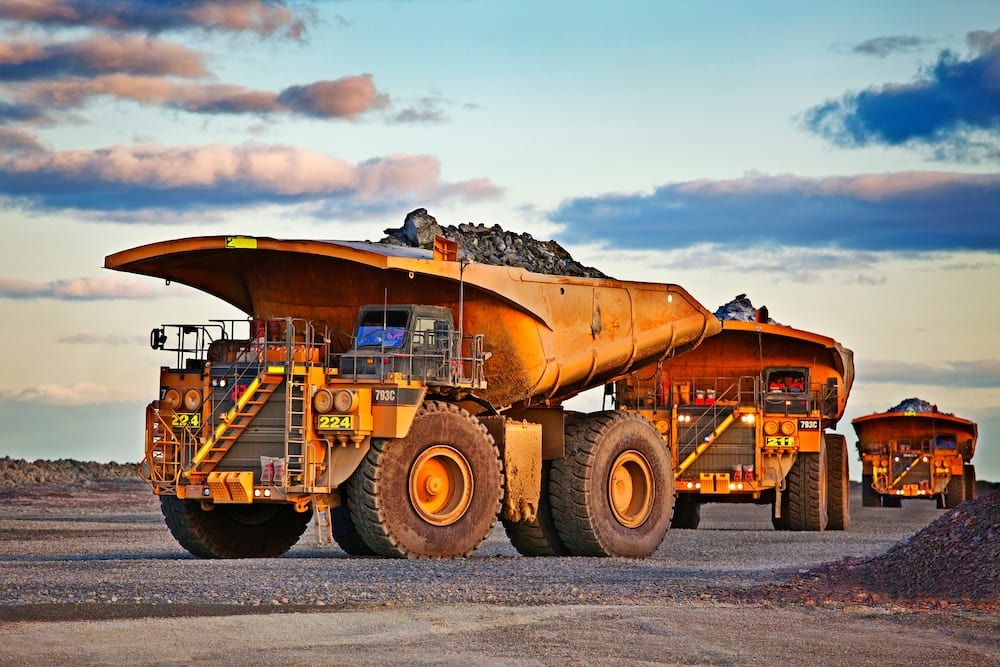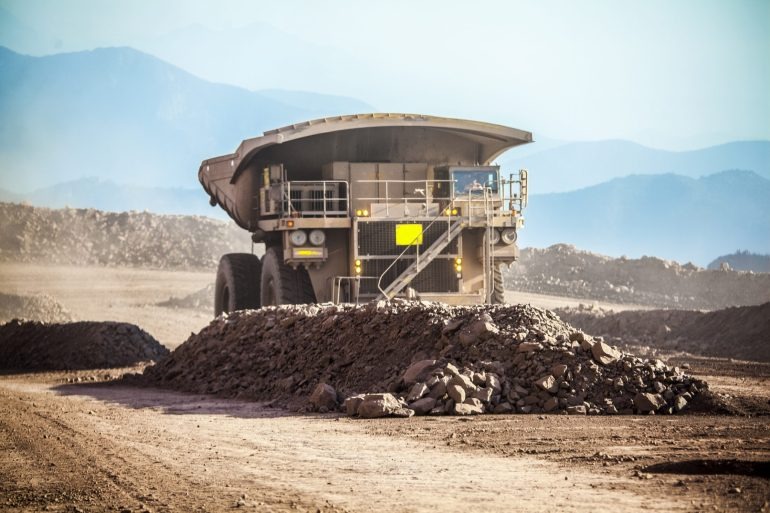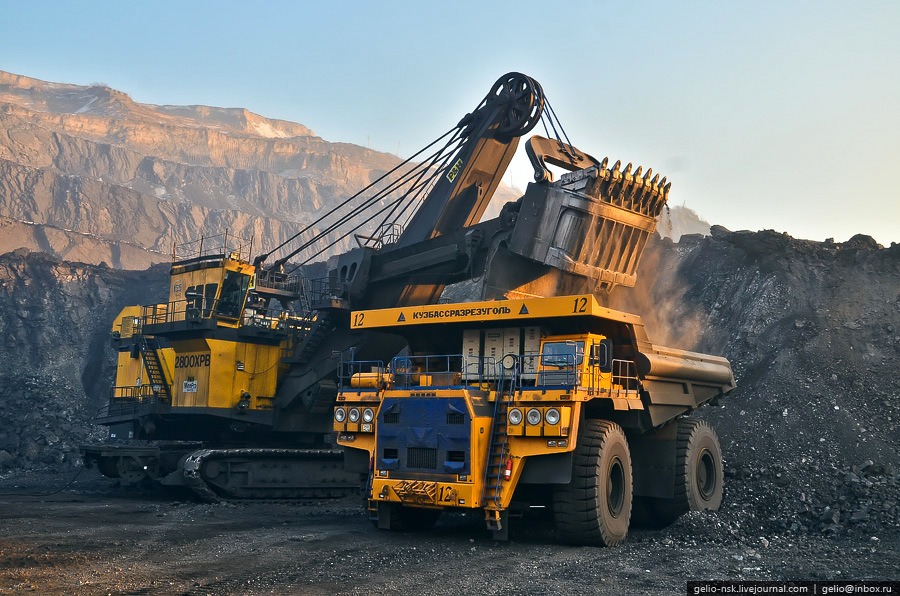From facilitating the movement of goods and people to revolutionizing the construction industry, machines have become indispensable tools in advancing human endeavors. Whether it’s the efficient transport of goods across vast distances or the precision engineering required for large-scale construction projects, these machines play a vital role in streamlining processes and increasing productivity.

In transportation, machines such as trucks, trains, ships, and airplanes have transformed the way we connect with one another and access resources. They enable the swift and reliable movement of goods and people, fostering economic growth and globalization. Without these machines, the logistics of modern commerce would grind to a halt, significantly hindering the flow of goods and services across regions and nations.

Similarly, in the realm of construction, machines like cranes, bulldozers, excavators, and concrete mixers have revolutionized the way we build our infrastructure and shape our environments. These powerful machines can accomplish tasks that would be impractical or impossible for humans alone, from lifting heavy materials to digging deep foundations. By automating labor-intensive processes and increasing efficiency, they enable construction projects to be completed faster, safer, and with greater precision.

Moreover, the impact of these machines extends beyond their immediate tasks. By streamlining transportation and construction processes, they contribute to economic development, job creation, and improved living standards for communities around the world. They also play a crucial role in addressing societal challenges such as urbanization, infrastructure development, and environmental sustainability.

In conclusion, machines have become indispensable partners in human endeavors, enhancing our ability to transport goods and people efficiently and construct the infrastructure needed for modern society to thrive. As we continue to innovate and develop new technologies, these machines will undoubtedly play an increasingly vital role in shaping the future of transportation, construction, and beyond.










